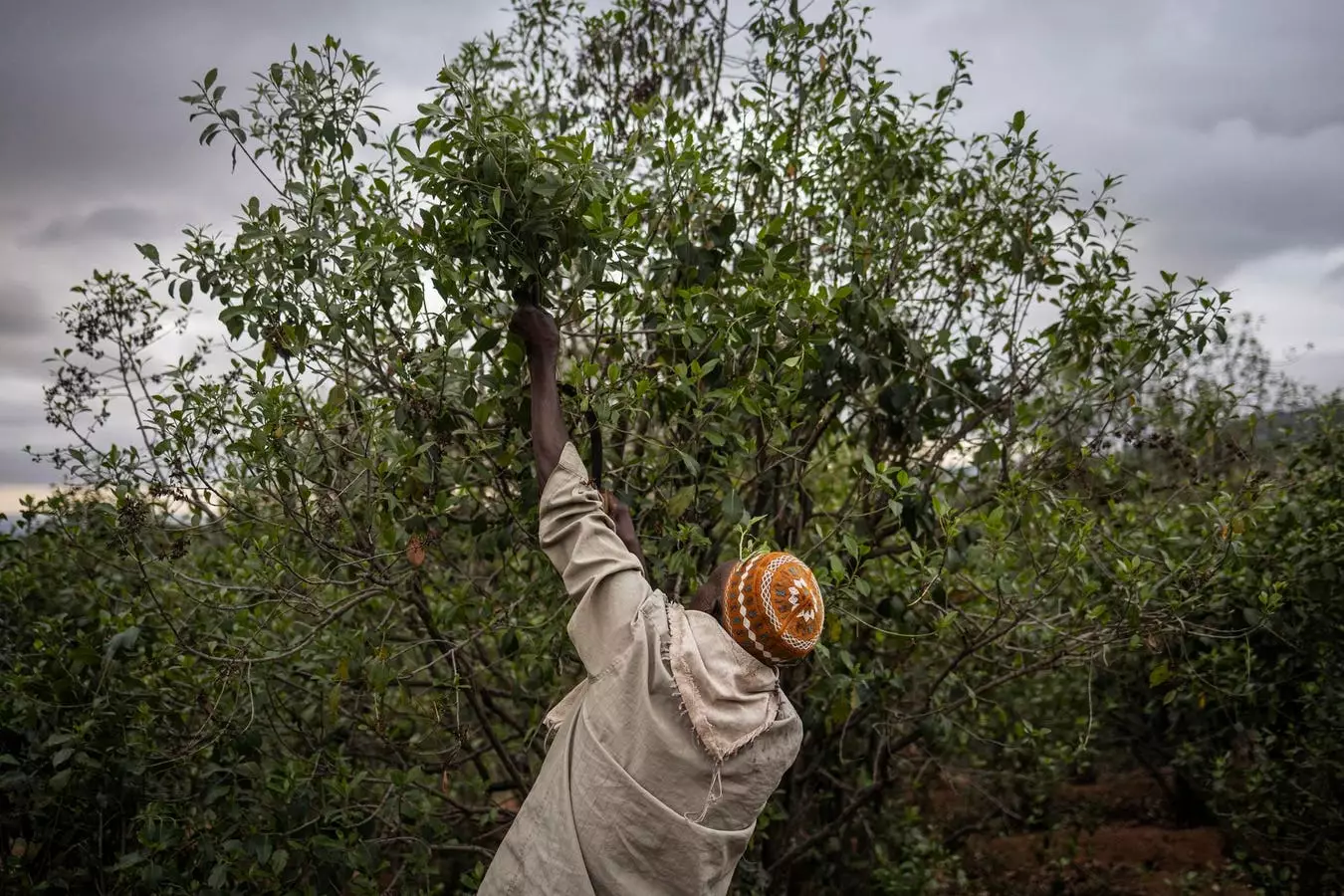The upcoming UN Food Systems Summit Stocktake (UNFSS+4) serves as a pivotal juncture to assess global progress on transforming food systems—yet, it also exposes the cracks within international efforts. While high-level policy declarations and commitments fill official agendas, a glaring gap persists beneath the surface: the voices of those actually rooted in the daily realities of food production and consumption remain sidelined. The very structures established to gauge progress risk becoming echo chambers for corporate and governmental interests, often disconnected from the communities most affected. When civil society groups, indigenous communities, and small-scale farmers raise concerns about marginalization, their critiques are frequently dismissed or brushed aside.
Instead of a comprehensive reflection that genuinely centers the people on the ground, the process risks perpetuating a top-down narrative that prioritizes business-as-usual approaches. This disconnect undermines the credibility of international efforts and hampers tangible progress. If the global community genuinely desires a resilient, equitable, and sustainable food future, then it must radically rethink its approach—shifting from a narrow focus on metrics and targets to authentic participatory engagement with those who are most impacted by food system policies.
From Tokenism to Transformation: Elevating Contextual Knowledge
One of the most compelling critiques of the current paradigm is that it often treats ground-level realities as mere data points rather than vital insights. Farmers, pastoralists, fishers, and rural communities possess an invaluable reservoir of knowledge—experiential, ecological, and cultural—that remains largely invisible in international summits. Their daily struggles with climate change, land degradation, market access, and food insecurity are not just stories of hardship; they are lessons in resilience and innovation.
The idea of “ground-truthing”—listening directly to community voices—is more than a metaphor; it’s a necessity. True transformation demands that policymakers, researchers, and investors actively seek out and integrate this knowledge into decision-making processes. This doesn’t merely mean consultations or token participation but fostering equitable partnerships where local expertise informs policies, and community-driven solutions gain the support they need to scale. Without this shift, we risk implementing solutions that are out of touch with local realities, ultimately leading to inefficacies that squander resources and diminish trust.
Reimagining Funding and Policy Support: A Bold Shift Needed
Financial investments and policy reforms are the backbone of any meaningful food system overhaul. Yet, current approaches often favor large agribusinesses and corporate interests, inadvertently marginalizing smallholders and frontline communities. Experts like Ertharin Cousin emphasize the importance of redirecting capital flows toward small- and medium-sized enterprises, farmers, and marginalized groups—those who are on the frontline of feeding the world but lack access to credit, markets, and supportive policies.
This calls for a revolutionary mindset shift among governments and private investors: capital must serve dual purposes—delivering profitable returns and advancing food security and resilience. Achieving this requires innovative financing mechanisms, such as blended finance, that de-risk investments for small-scale actors. Moreover, public policies must go beyond subsidies and regulations to explicitly promote inclusivity, sustainability, and ecological resilience. To truly transform food systems, the financial architecture must be reconfigured to empower local communities as key stakeholders—not mere recipients of aid or compliance.
Challenging Power and Priorities: Authentic Accountability and Justice
The withdrawal of the Civil Society and Indigenous Peoples’ Mechanism from the UNFSS+4 stocktake underscores a deeper, systemic challenge—power imbalances and conflicting priorities. When international processes prioritize corporate interests or gloss over ongoing conflicts, they risk perpetuating injustices rather than addressing them. The fundamental human right to food is at stake when policy frameworks ignore human rights abuses, land grabs, and conflicts that displace or impoverish vulnerable populations.
Redressing these issues requires an unwavering focus on justice. The global effort must not only aim for measurable targets but also confront the root causes of inequality and marginalization. It necessitates accountability at all levels—governments, corporations, and international agencies—and mechanisms that truly elevate voices of those most impacted. Without this, the promise of food sovereignty remains elusive, and progress remains superficial.
Charting a Path Forward: Listening, Learning, and Acting Collectively
Despite the formidable challenges, there is a palpable hope rooted in the belief that solutions already exist within local communities. The knowledge, ingenuity, and resilience of farmers, fishers, and rural communities are not just inspirational stories but practical blueprints for climate adaptation and food sovereignty. The role of international summits should shift from being arenas of superficial consensus to catalysts that amplify these grassroots solutions.
Moving forward, meaningful change hinges on integrating these perspectives into all levels of decision-making. This entails creating space for community-led innovations, fostering genuine public-private partnerships that prioritize equity, and ensuring policies are rooted in the lived realities of those they aim to serve. Only by embedding local voices into global efforts can the gap between ambition and reality be bridged—transforming food systems into engines of resilience, fairness, and nourishment for all.


Leave a Reply